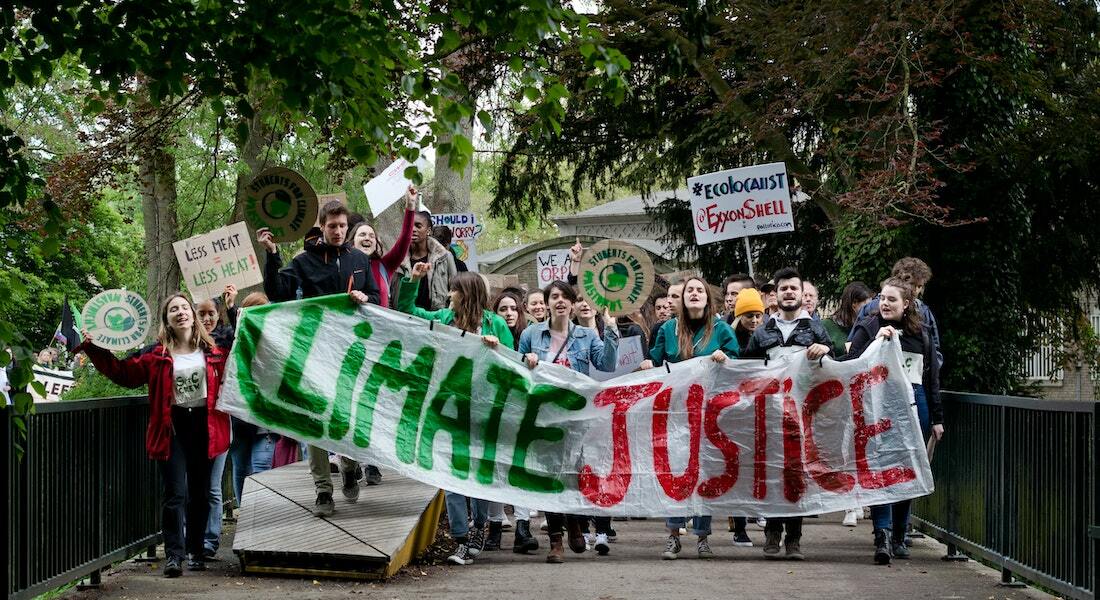Environmental Justice

Course Details
Course Content
The course has two overall parts. The first five weeks of the course are focused on theory and analysis. This part helps students analyze environmental (in-)justice from a social science perspective that also incorporates elements of environmental science. Theories taught include philosophical underpinnings of environmental justice; decolonial theory, feminist theory, critiques of capitalism and neoliberalism, and theoretical perspectives on knowledge. This first part culminates with the handing in of a short group report communicating the analysis of the case, with a session where groups give feedback on another group’s report and receive feedback from peers and lecturers on their report.
The second part comprises the last three weeks of the course, and is focused on practice. Here students will engage with theories on how social movements strategize and communicate their claims, and will formulate their own environmental justice action/campaign with a point of departure in the case they analyzed during the first five weeks.
Recommended Academic Qualifications
The course is predominantly a social science course. However, a social science background is not required, and the course is open to students from all disciplines including natural, life or health sciences.
Academic qualifications equivalent to a BSc degree is recommended.
Place
The University of Copenhagen
Department of Food and Resource Economics
Contact
University of Copenhagen
Continuing Education and Lifelong Learning
lifelonglearning@adm.ku.dk
